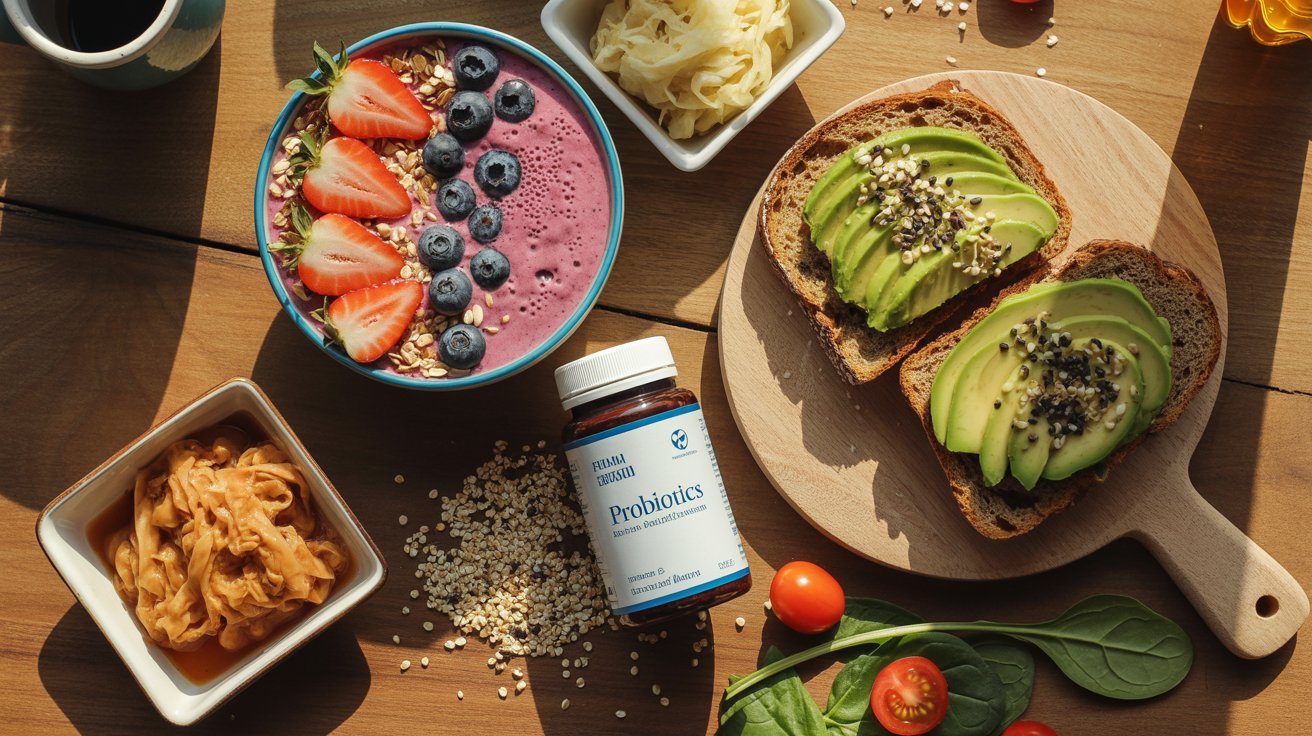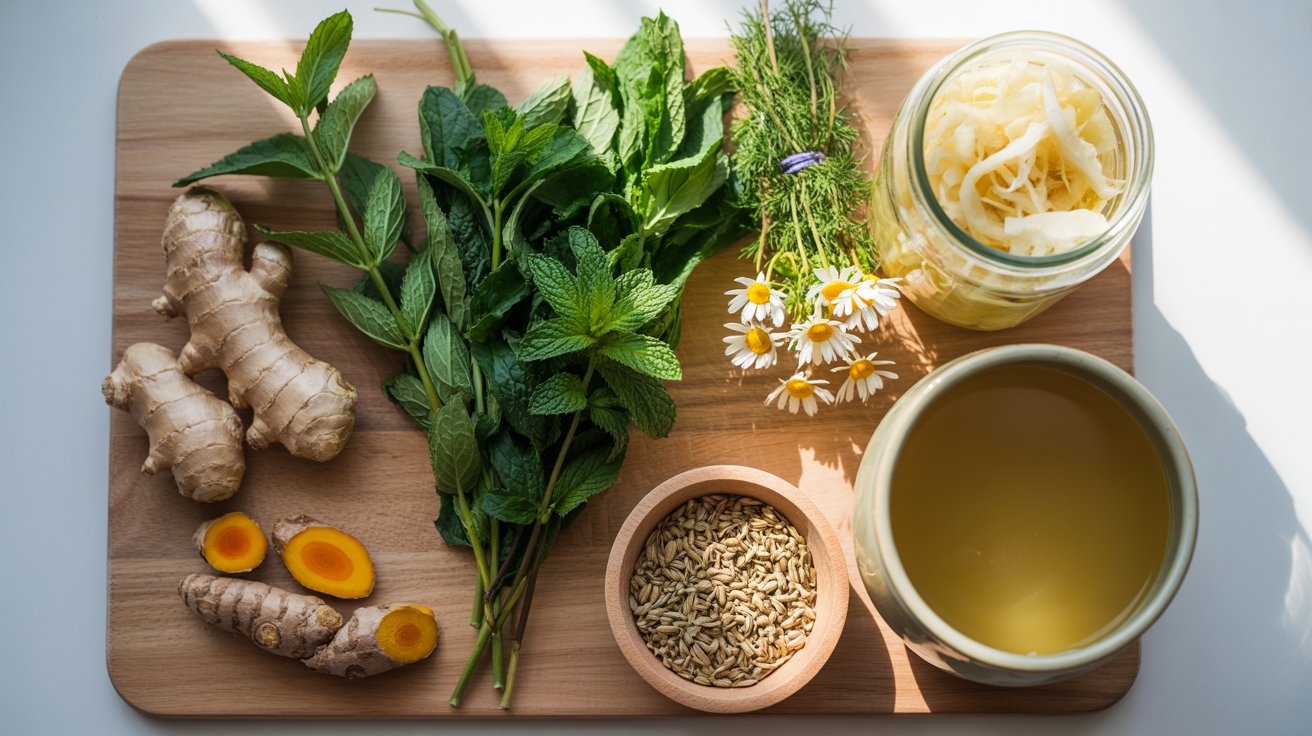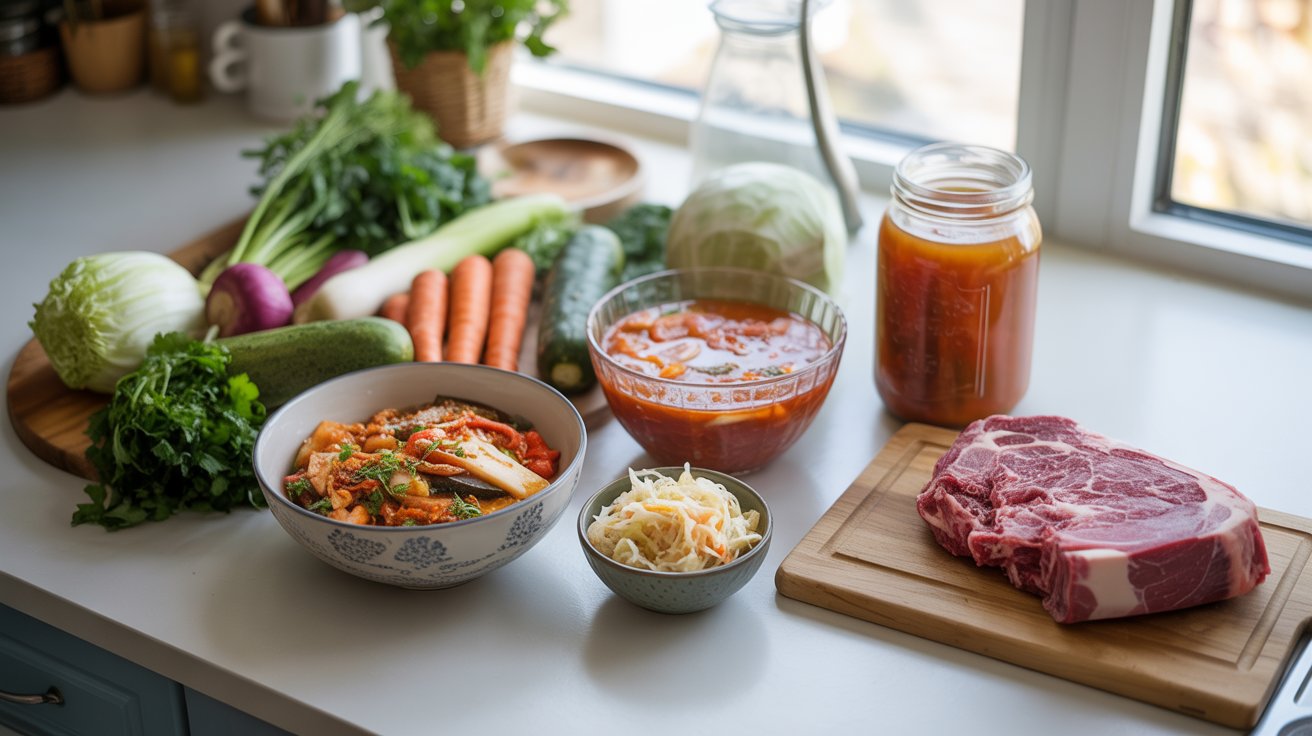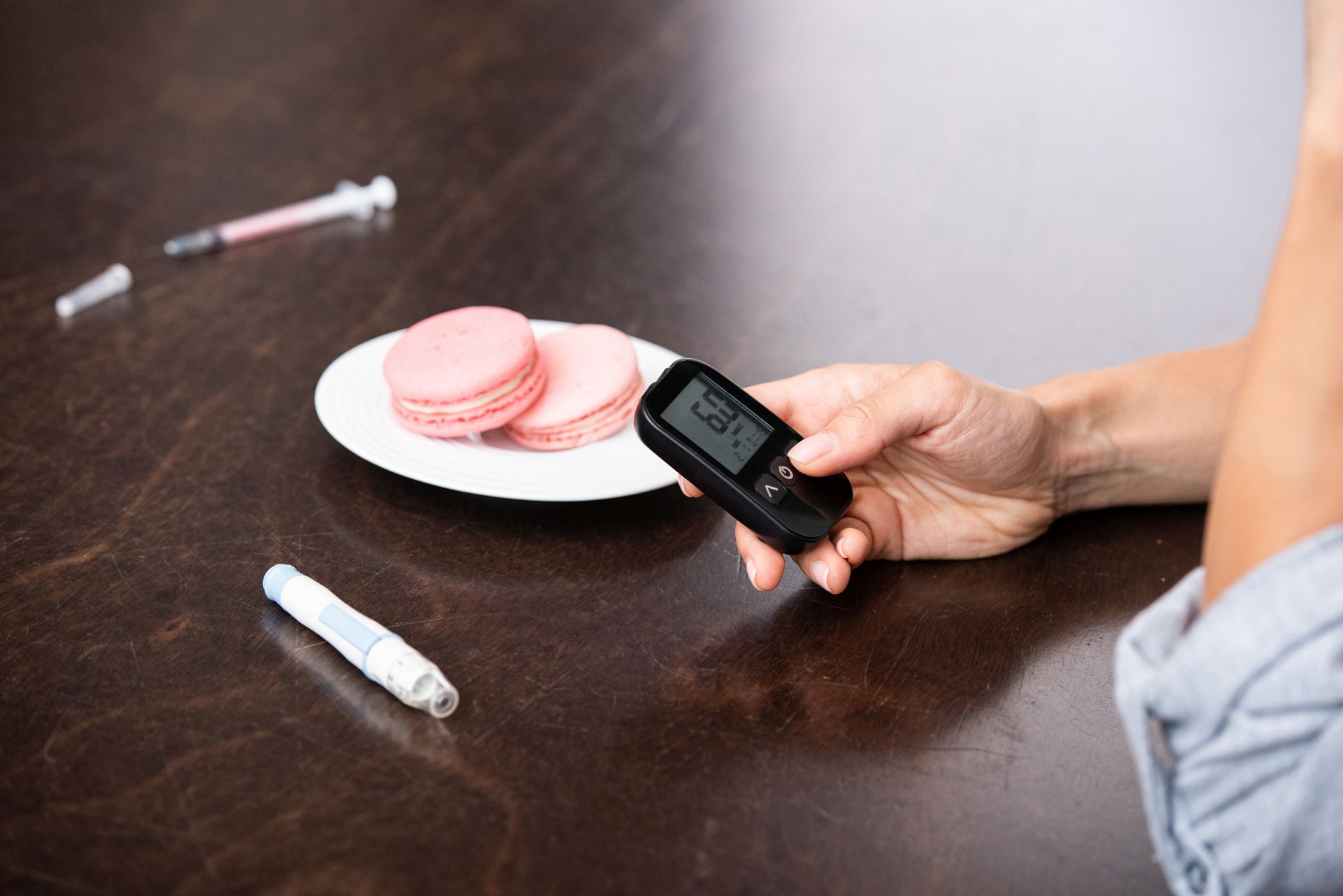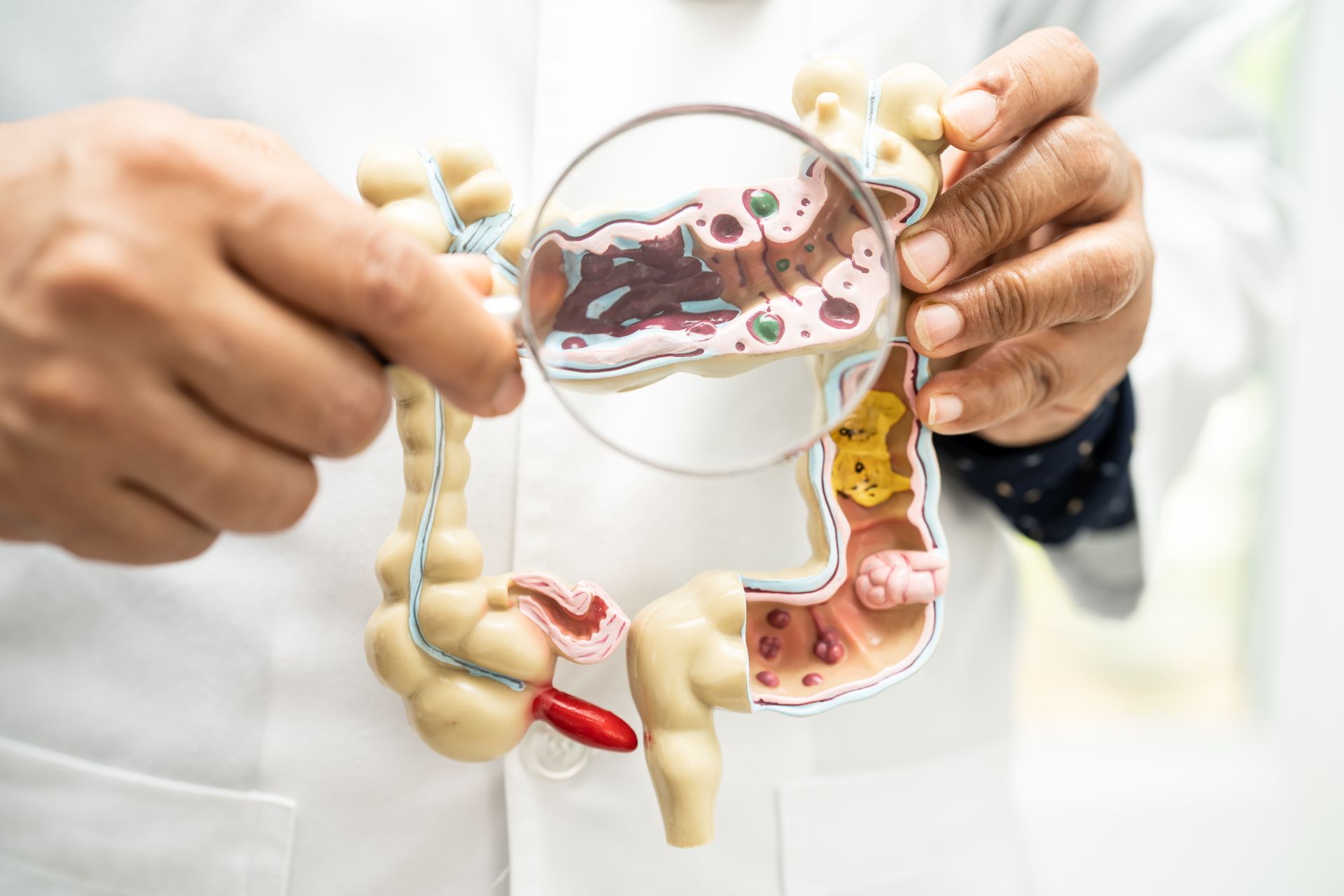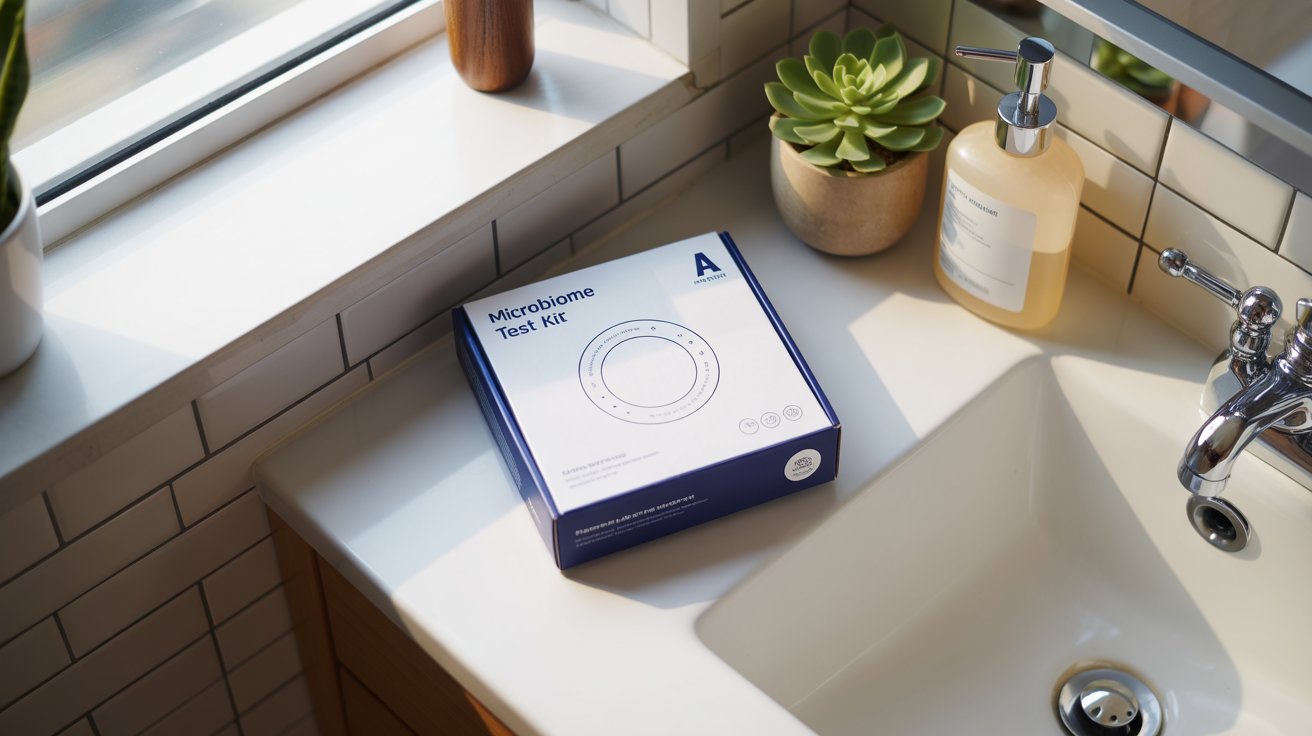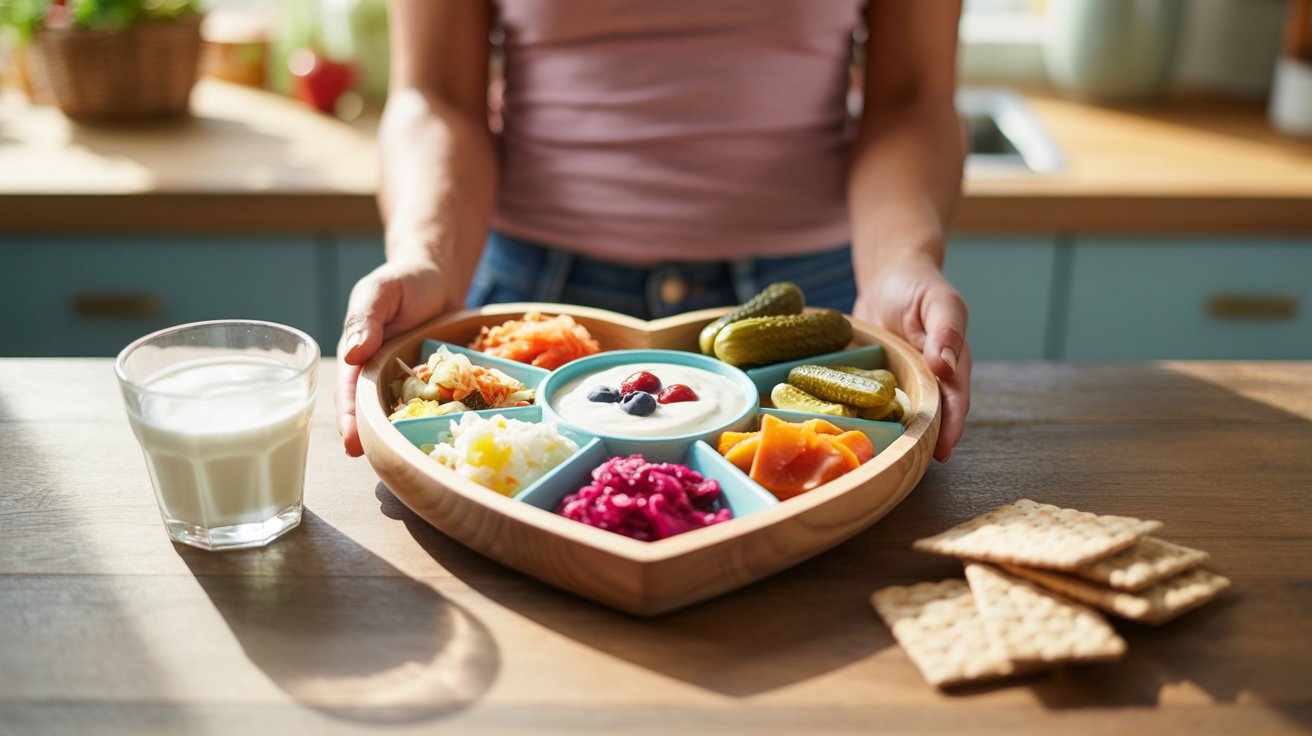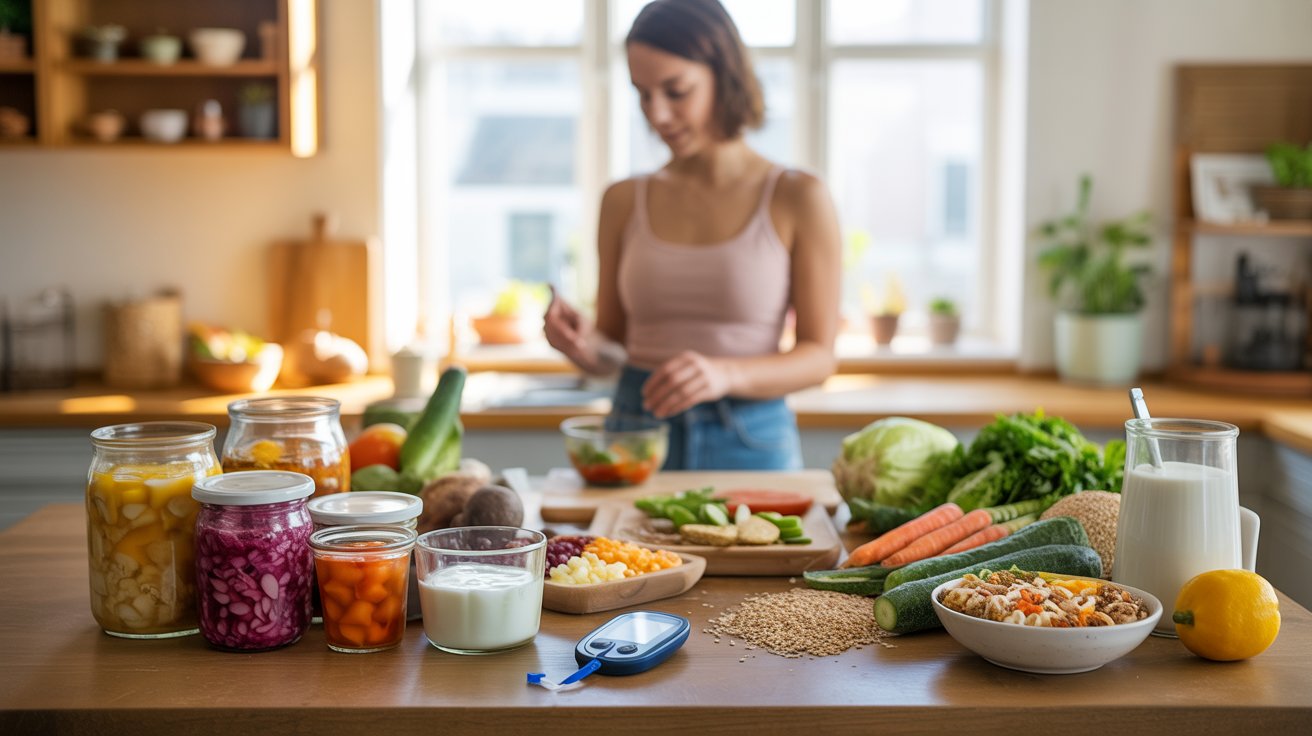If you’ve ever found yourself googling bathroom locations before leaving the house, or skipping your favorite meals because your gut just won’t cooperate, you already know how relentless inflammatory bowel disease can be.
Crohn’s, colitis, chronic bloating, cramps, fatigue… it’s not just “a bad stomach.” It’s a full-body, everyday challenge. But here’s something most doctors don’t spend enough time on: your gut health and microbiome might hold the key to less pain, fewer flare-ups, and maybe even a little peace of mind.
Let’s talk about how inflammatory bowel disease and gut health are connected and what you can actually do about it.
So, What Exactly Is IBD?

IBD isn’t just one thing, it’s an umbrella term for two autoimmune conditions: Crohn’s disease and ulcerative colitis. Both involve chronic inflammation in the digestive tract. But while ulcerative colitis sticks to the colon and rectum, Crohn’s can pop up anywhere from your mouth to your tail end.
If you’ve been diagnosed, you already know this isn’t just about stomachaches. You’re dealing with a body that’s constantly inflamed, a gut that’s leaking nutrients instead of absorbing them, and an immune system that seems to be fighting the wrong enemy.
And that enemy might not be just your immune system—it could be your gut bacteria, too.
Your Microbiome Might Be Fueling the Fire
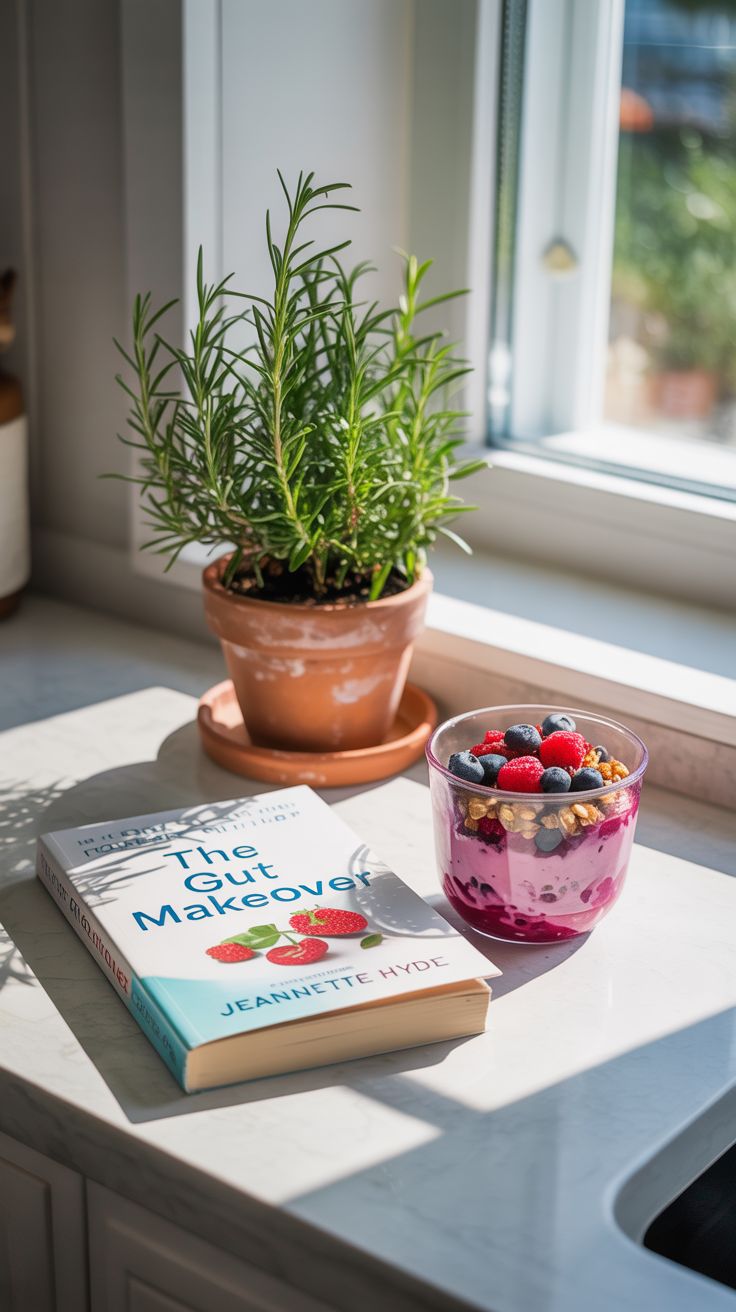
Inside your gut is an entire ecosystem that consists of billions of bacteria, fungi, and other microbes that usually help keep things running smoothly. When the balance is right, these tiny bugs help digest food, make vitamins, and keep inflammation in check.
But in IBD? That balance is off.
People with IBD often have fewer good guys (like Faecalibacterium prausnitzii) and more pro-inflammatory troublemakers. That imbalance doesn’t just happen after inflammation, it can actually cause it. Think of it like your gut turning into a neighborhood where the helpful neighbors have moved out and the loud, destructive ones moved in.
When that happens, your immune system starts overreacting. That’s when flare-ups get worse and more frequent.
Can You Improve IBD by Improving Gut Health?
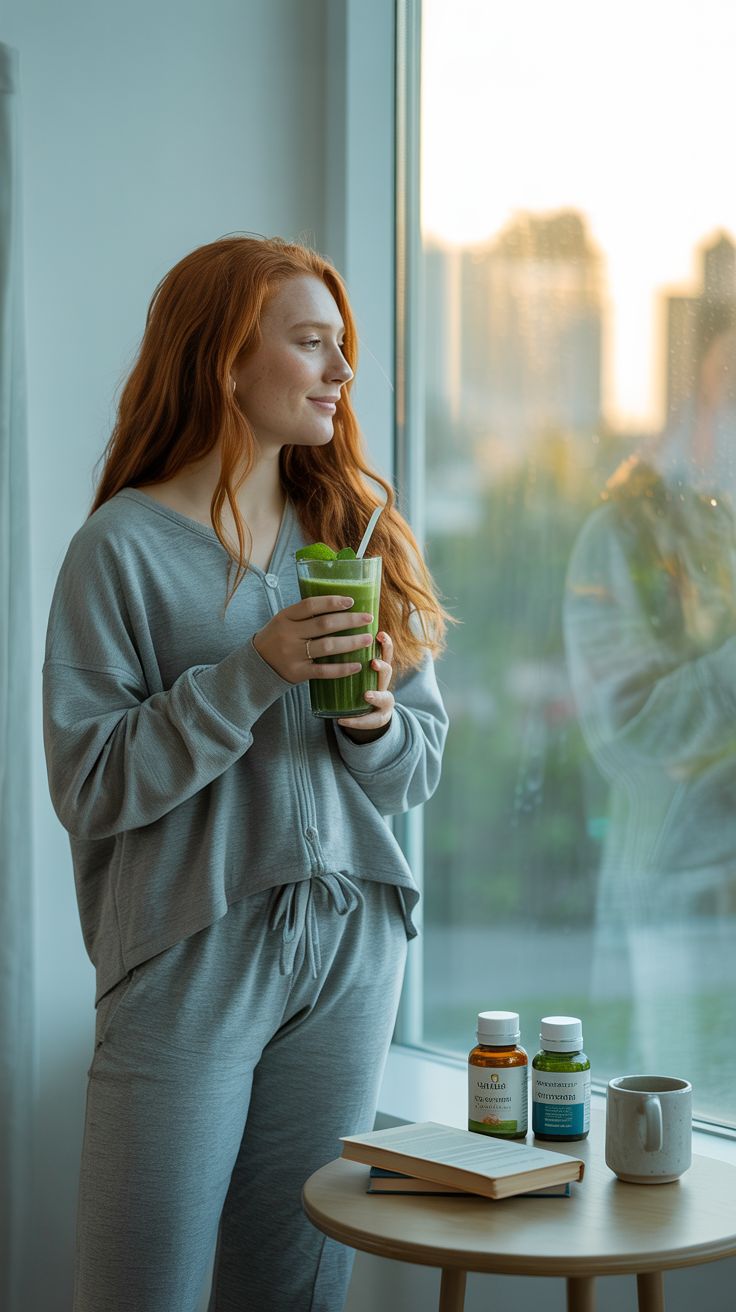
Here’s the hopeful part: yes, you can support your body through your microbiome.
You won’t “cure” IBD by eating yogurt or popping probiotics, but you can tip the scales toward less inflammation and more healing. Here’s how gut-friendly changes help:
- Healthy microbes create short-chain fatty acids that soothe your gut lining.
- A stronger gut barrier can prevent immune overreactions.
- Some good bacteria help train your immune system to chill out.
This doesn’t mean you throw out your meds. But it does mean food, lifestyle, and targeted gut support can be powerful tools in your IBD toolbox.
Gut-Friendly Foods That Don’t Backfire

Let’s be honest: food is tricky with IBD. What helps one person might send someone else into a flare. But there are some gut-friendly options worth exploring, especially during remission phases.
Easier-on-the-gut choices:
- Bone broth (collagen + hydration = gut magic)
- Cooked carrots, zucchini, peeled apples
- Salmon, sardines, and other omega-3 rich fish
- White rice and sourdough bread (fermented = easier to digest)
- Homemade smoothies with low-fiber fruits like banana or papaya
Foods that often trigger problems:
- Raw greens, cabbage, or broccoli (especially during flares)
- Dairy (try lactose-free or fermented versions)
- Fried or processed foods (no shocker here)
- Anything with emulsifiers, gums, or artificial sweeteners
Keep a journal. Test slowly. And don’t feel bad if kale doesn’t work for you—this isn’t about being “healthy,” it’s about being kind to your gut.
Why Stress and Sleep Aren’t Side Issues

You’ve probably heard “stress makes everything worse.” But for IBD, that’s especially true.
Stress shifts your gut bacteria, makes your gut lining leakier, and ramps up your immune response, all of which spell bad news for anyone managing inflammatory bowel disease and gut health. And sleep? It’s when your body does the real healing. Skimping on it wrecks your microbiome and keeps inflammation high.
Here’s what helps:
- Deep breathing or guided meditation before meals
- Cutting off screens an hour before bed
- Sticking to a consistent sleep schedule, even on weekends
- Going outside in the morning (sunlight resets your body clock)
Gut health isn’t just about what you eat. It’s also about how your nervous system feels.
What About Probiotics and Supplements?
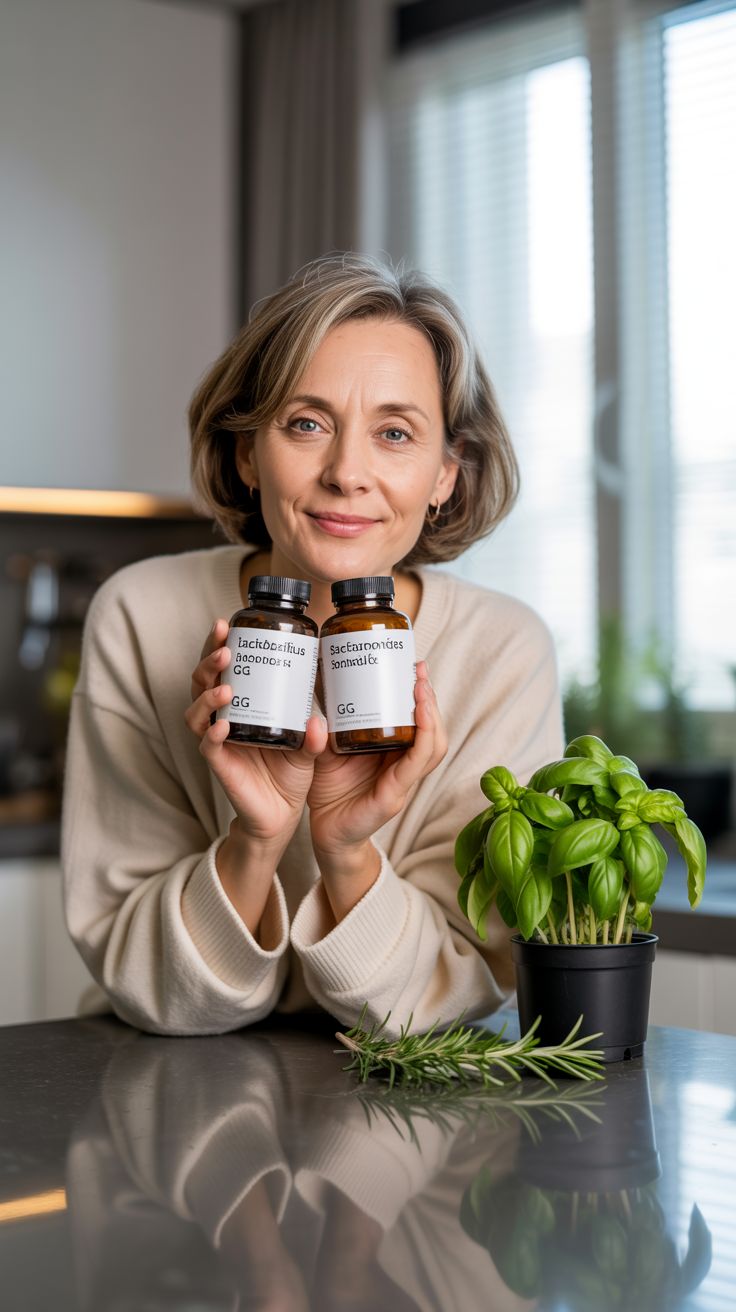
This part gets tricky. Not all probiotics are helpful for IBD and some might even aggravate symptoms. That said, certain strains (like Saccharomyces boulardii, Lactobacillus rhamnosus GG, or Bifidobacterium infantis) have been studied for their anti-inflammatory benefits.
Here’s what to know:
- Always check with your GI doctor first.
- Don’t rely on probiotics alone. Instead, use them as part of a bigger plan.
- Prebiotics (the fiber that feeds good bacteria) might be better tolerated in cooked form. Use well-cooked oats or stewed apples.
Omega-3s, vitamin D, and glutamine are also being explored for IBD support, but again, start slow and work with a practitioner if possible.
Common Autoimmune Diseases Often Linked to Gut Issues

IBD doesn’t usually come alone. People with inflammatory bowel disease are more likely to also experience other autoimmune conditions like:
- Psoriasis
- Ankylosing spondylitis
- Celiac disease
- Hashimoto’s thyroiditis
- Rheumatoid arthritis
Why? Because many autoimmune diseases share one key feature: a leaky gut lining and a misfiring immune system. The more we understand the gut’s role, the more we realize that supporting the microbiome could help calm multiple conditions—not just one.
The Road Ahead: Inflammatory Bowel Disease and Gut Health

If there’s one thing to take away from this, it’s that inflammatory bowel disease and gut health are deeply connected. You’re not just dealing with a gut issue but you’re also dealing with an immune and microbiome issue that needs real care, not just symptom control.
Your gut might feel like the enemy some days, but it’s also trying to heal. Supporting it through food, lifestyle, and small, consistent changes can shift your baseline. No, you won’t solve it overnight, but you don’t have to stay stuck in flare-up mode either.
Small changes add up. And your gut deserves every one of them.

